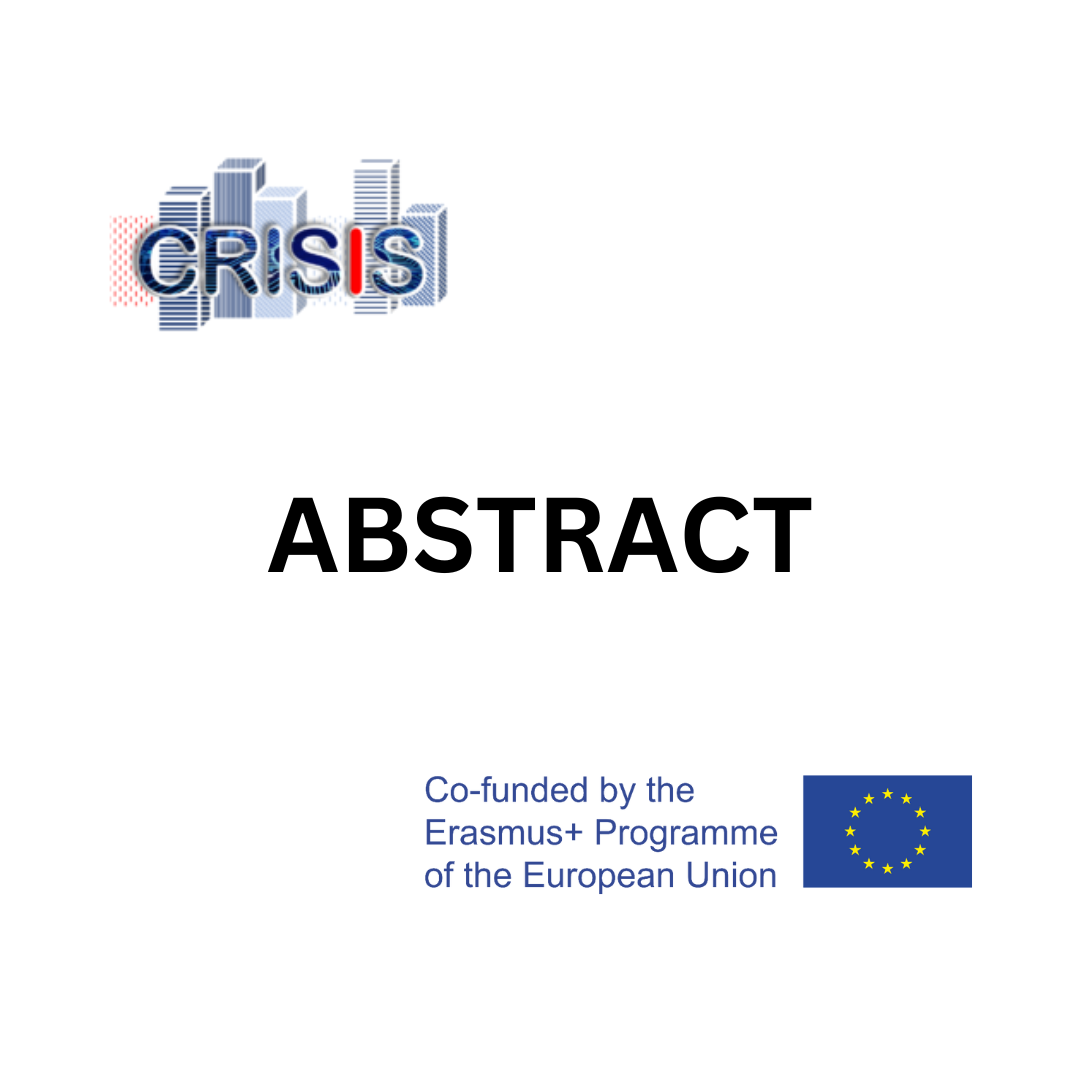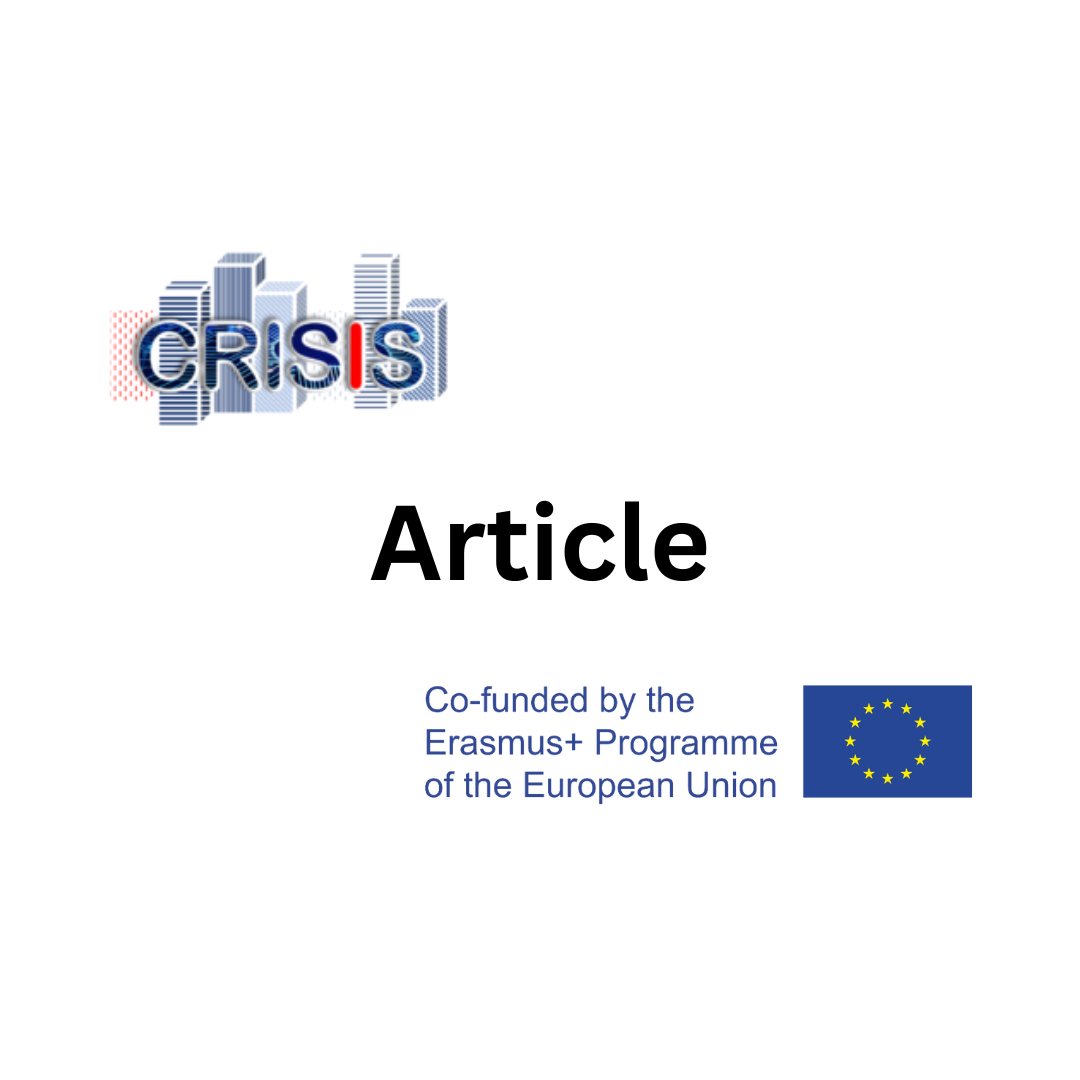Empowering Smart Cities: Enhancing Resilience Through Stakeholder Engagement and Social Transformation Tools
Francisco Silva ([email protected])
University of Minho
Resilient Smart Cities possess the ability to absorb, recover, and prepare for various economic, environmental, social, or institutional challenges. To achieve this, understanding effective communication and collaboration strategies, platforms, and techniques is vital for the development of services and applications enhancing Smart City resilience. A sustainable Smart City utilizes digital technology in traditional networks and services, fostering collaboration and innovation to enhance citizens’ lives. Operating under efficient resource management and economic growth, it strives towards a sustainable urban model.
Negotiation plays a pivotal role among the stakeholders in Smart Cities—government entities, businesses, and citizens. Efficient negotiation processes are essential, requiring all parties to find common ground, understanding each other’s needs and interests. This mutual understanding fosters inclusive, transparent, and equitable decisions, building trust among stakeholders, a cornerstone for successful Smart City development.
Numerous factors influence Stakeholder and Citizen Engagement, including social, political, economic, environmental, cultural, and geographical aspects, shaping effective citizen involvement opportunities. The COVID-19 pandemic underscored the significance of citizen engagement, where behavior change at a micro-level impacted response efforts. Listening to populations’ feedback provided valuable insights, enabling real-time adjustments in rapidly evolving situations.
Developed citizens’ networks, coupled with information and communication technologies, enhance the public sphere. These networks facilitate information access, connect citizens and government, establish global networks, and utilize crowdsourcing as a self-governing process. Citizen-driven innovation, facilitated by these networks, empowers stakeholders to identify and develop creative solutions to disruptions, incorporating diverse perspectives.
Furthermore, developed citizen networks serve as social transformation tools, addressing significant societal changes. These tools, encompassing strategies, methods, or technologies, tackle complex social and environmental problems like poverty, inequality, and environmental degradation. Applied to Smart City resilience, they encourage innovation and entrepreneurship, promoting new products, services, or business models addressing social and environmental challenges. Additionally, they aid in policy formulation, emphasizing social and environmental sustainability, and investments in educational programs, empowering individuals to lead social transformation efforts.
Keywords: Smart Cities Resilience, Stakeholder Engagement, Citizen Networks, Social Transformation Tools, Sustainable Development.
ACKNOWLEDGMENTS
This work was supported by the Erasmus+ KA2 under the CRISIS project “Competences for Resilient Smart Cities’ Staff” (Project No.: 2021-1-EL01-KA220-HED-000032257).



